Biogas
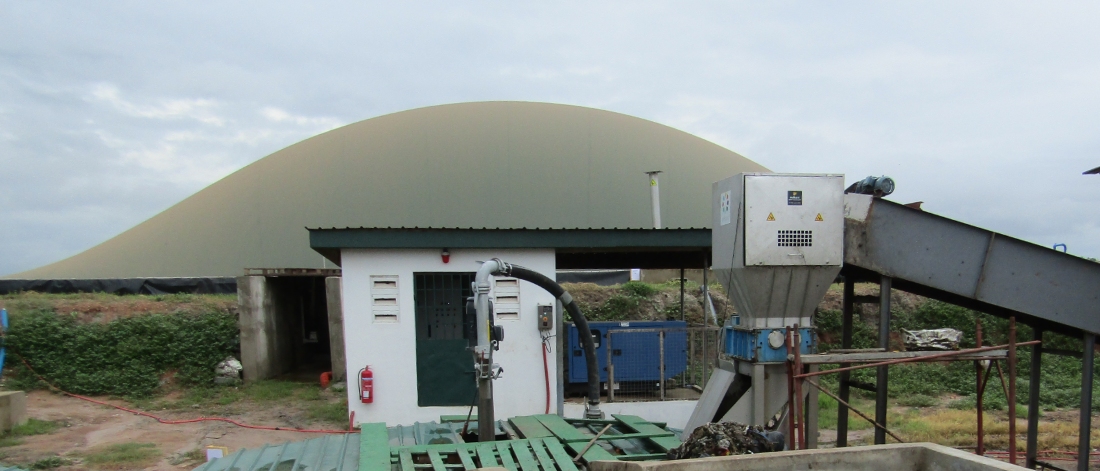
When organic material (e.g. animal waste, agricultural residues) is digested by microorganisms in an environment with low or absent oxygen, it produces biogas. It is a mixture of gases, including methane, that can be used for power generation, transport, heating, cooling and cooking. If biogas is cleansed from impurities, it becomes biomethane, which can be used as a high-efficiency fuel source, replacing natural gas. Biogas and biomethane are clean and valid alternatives to LPG and other fossil fuels.
The GBEP Biogas activity group, led by ECOWAS and Viet Nam, acts as a forum for the exchange of information on biogas, fostering capacity building and technology transfer, as well as informing stakeholders of the trends, research and investments in this area.
Related videos
Webinar
Biogas for clean cooking, nutritious food, climate change mitigation: Voices of grassroots women
22/05/2025
The webinar explores how biogas is improving lives in rural India. Hear firsthand stories from grassroots women leaders and practical insights from...
Webinar
Tailored waste-to-energy solutions: Understanding the sustainable investment opportunities of biogas
08/04/2025
Biogas from agrifood residues and waste can reduce greenhouse gas emissions, improve waste management, and generate renewable energy. But what does...
Related publications
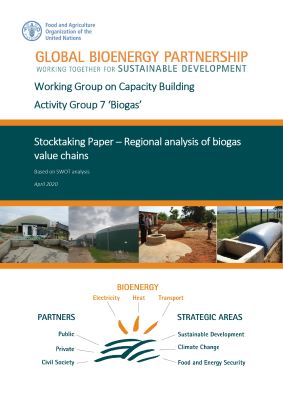
Stocktaking Paper – Regional analysis of biogas value chains
04/04/2020
The paper analyses the factors that contribute to the success of biogas operations or projects in different regions of the world. The analysis is carried out using SWOT analysis; this approach seeks to identify the strengths, weaknesses, opportunities and threats of a particular business model through discussions with relevant stakeholders.
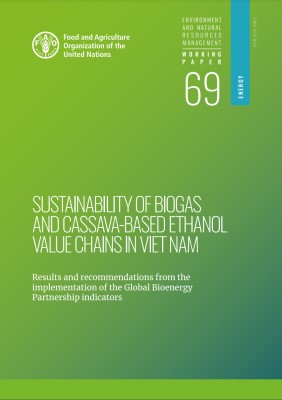
Sustainability of biogas and cassava-based ethanol value chains in Viet Nam
11/11/2018
This report presents the results of the implementation of the GBEP indicators in Viet Nam to the two priority bioenergy pathways identified in Viet Nam: biogas at household, farm and industrial levels, and cassava-based ethanol.
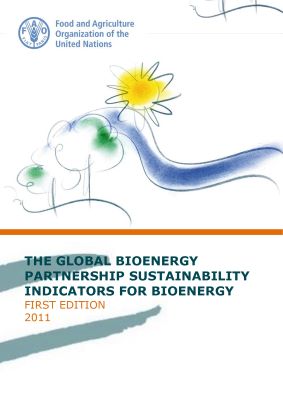
The Global Bioenergy Partnership Sustainability Indicators for bioenergy
12/12/2011
This report presents 24 indicators of sustainability regarding the production and use of modern bioenergy, to monitor and report on the environmental, social and economic aspects of sustainable development. The GBEP Sustainability Indicators (GSIs) are a relevant, practical, science-based tool that can inform policy-makers and other stakeholders in countries seeking to develop their bioenergy sector to help meet national goals of sustainable development.
Related news
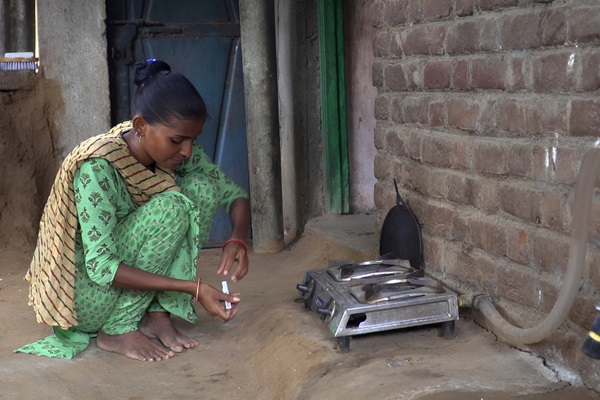
Grassroot voices: how biogas is transforming the lives of rural women in India
26/05/2025
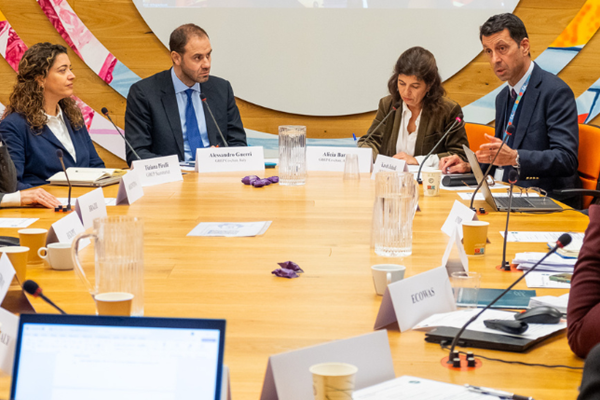
GBEP partners and observers take stock of progress and set new priorities for advancing sustainable bioenergy
20/11/2024
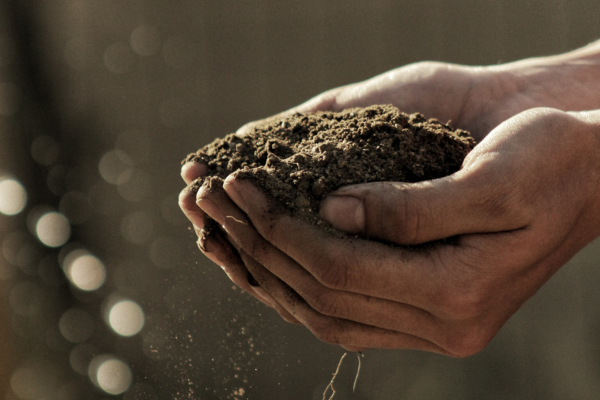
Two webinars to explore co-benefits of biogas and biomethane
18/05/2023
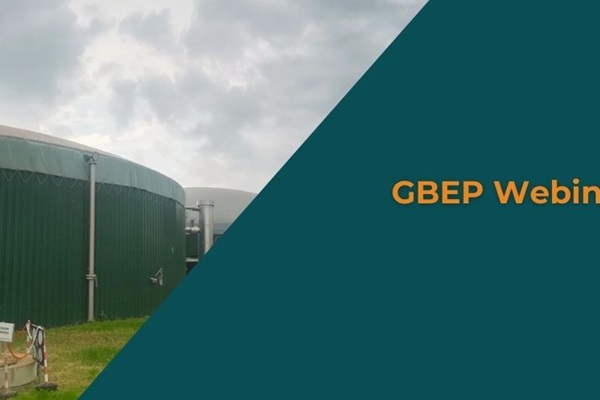
Biomass for hydrogen - facilitating the contribution to the sustainable energy transition
02/12/2022
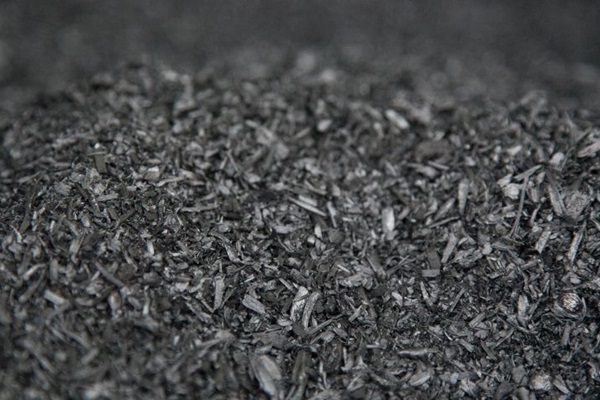
Biochar – the win-win-win-win solution!
14/05/2020
Related events
Biogas for clean cooking, nutritious food and climate change mitigation: Voices of women from grassroots
Virtual Event, 20/05/2025
Join us for an inspiring webinar on Tuesday 20 May 12:00-13:00 CEST. Grassroots women willshare how biogas is transforming their villages – boosting food security, protecting health and greening their communities. Hear firsthand stories of success, smart strategies for introducing anaerobic digesters, and honest reflections on the challenges that still remain.
Tailored waste-to-energy solutions: Understanding the sustainable investment opportunities of biogas
Virtual Event, 08/04/2025
This webinar will provide insights on how feasibility assessments have been used to understand the financial feasibility and climate change potential of biogas systems, and engage private sector in sustainable solutions.
Webinar: Biogenic CO2 use and storage
Virtual Event, 15/04/2024
Biogenic CO2 is the carbon dioxide (CO2) resulting from the decomposition, digestion or combustion of biomass. Bio-CO2 produced in the biogas industry can be employed in carbon capture, utilization and storage (bio-CCUS) both for the long-term storage of carbon and for the production of other biomaterials, chemicals or fuels.
Tenth Bioenergy Week
Hybrid Event, 24/10/2023 - 27/10/2023
In 2023, the 10th Bioenergy Week focuses on sustainable bioenergy integration in food production chains, aiding the development of bioenergy policies in Asia-Pacific.
Webinar: Promoting anaerobic digestion for waste management
Virtual Event, 16/05/2023
Management and disposal of wastes is a major global problem. Anaerobic digestion offers opportunities not only to minimise waste volumes but also to recover embodied energy in the form of biogas and biomethane.
